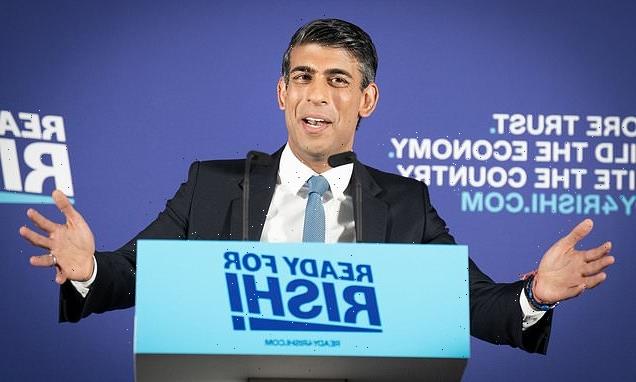Before Brittney Griner, there was Naama Issachar.
What was supposed to be a three-hour layover in Moscow turned into a monthslong ordeal in Russian detention for Issachar, an American Israeli woman who was arrested in 2019 while she was traveling with a small amount of cannabis.
Her case has drawn comparisons to the case of Griner, the WNBA basketball star who pleaded guilty last week to drug charges in a Moscow court. She faces up to 10 years in prison as her family and friends step up calls for the U.S. government to do more to free her.
Similar calls helped Issachar, 28, who is speaking publicly for the first time since her release in 2020. She said in an exclusive interview with NBC’s Kate Snow that, like Griner, she unwittingly traveled with a small amount of cannabis, forgetting that it was in her luggage and never imagining that she would face prison time.
“It was never intentional,” Issachar said. “There was never a time that I knew it was in my bag.”
Issachar was sentenced to 7½ years in prison in 2019 after Russian airport officials found 9 grams of marijuana in her luggage, or about 0.3 ounces. She spent less than a year in prison, securing a coveted pardon from President Vladimir Putin as geopolitical tensions between Putin and then-Israeli Prime Minister Benjamin Netanyahu escalated.
While Issachar languished in a cell, slowly learning Russian and writing in her journal, a political tête-à-tête was playing out behind closed doors. Her fate became tied to an unrelated case involving an Israeli Supreme Court decision to extradite an alleged Russian hacker to the U.S.
Griner was detained in February at Moscow’s Sheremetyevo Airport after Russian authorities said they found vape canisters with cannabis oil in her luggage.
Griner’s lawyer, Alexander Boikov, said Griner admitted that the vape canisters were hers but said she had taken them to Russia unintentionally.
Issachar said this week that her “heart dropped” in 2019 when Russian authorities discovered a small plastic bag tucked inside a fanny pack. She had been traveling home to Israel from India, where she backpacked for three months and studied yoga, and her layover was delayed by several hours.
When Issachar tried to board, she was pulled aside and led to a room where her luggage was searched in front of her, she said. No translator was present and because she did not speak Russian, she was confused and unsure about what was happening. After the cannabis was discovered, she was told to stay in the airport.
She waited 20 hours for information, giving her enough time to contact the Israeli Embassy. Her mom jumped on a plane to Russia and spent the next 10 months helping secure her daughter’s release.
“I knew it was probably bad, [but] I didn’t understand how bad it could be — that this is probably one of the worst countries for that,” Issachar said.
While she was imprisoned, she taught herself Russian to better understand how her case was unfolding. She circulated through several facilities, including the one where Griner is believed to be held now, and a women’s detention center where she awaited trial for six months.
There she shared a cell with 40 other women and was allowed outside only one hour a day. She was not given toilet paper, shampoo or even feminine hygiene products, and she relied on her mother to deliver necessary goods.
Issachar and her cellmates relied on other people to bring them water because the water from the sink tasted bad. She had to walk with her hands clasped behind her back. The days blended into one another. There were no windows. She found herself missing the little things: walks in the park, showering barefoot, deciding when to turn a light on or off.
Watching Griner’s ordeal play out in the media has resurfaced some of her darkest memories, Issachar said.
“I know what she’s going through,” she said. “I see the videos of her and I’m like, I know that courtroom.”
Issachar, who is writing a book about her experience, said she tried to remain positive throughout her imprisonment, keeping a gratitude journal and making friends with some of her cellmates. She always made it a point to thank the prison guards.
“I separated the large people in power deciding whether I’m there or not and the people who I actually see on a day-to-day basis,” she said. “I think that’s why I was able to smile to the prison guards, say thank you, be grateful, pray honestly with my whole heart, thinking, ‘Wow, my life is so rich, so filled with, like, love and compassion.'”
Asked what message she would give to Griner, Issachar answered: “Try to smile. It helps even if it seems like it doesn’t. It really helps.
“I think there’s so much power in what we train our minds to think,” she continued. “There was something that I read, and it really changed everything that I thought. It was a quote that said if you can’t change anything else, you can choose to change your mind. It was so simple.”
Source: Read Full Article




